News
Delegation from Danish Patent and Trademark Office Visits East & Concord
Recently, at the invitation of partners and lawyers Xu Bin and Charles Feng, a delegation of 20 people from Danish Patent and Trademark Office and from well-known enterprises, headed by Mr. Sune Stampe Sørensen the Director General of the Danish Patent & Trademark Office, visited East & Concord Partners. 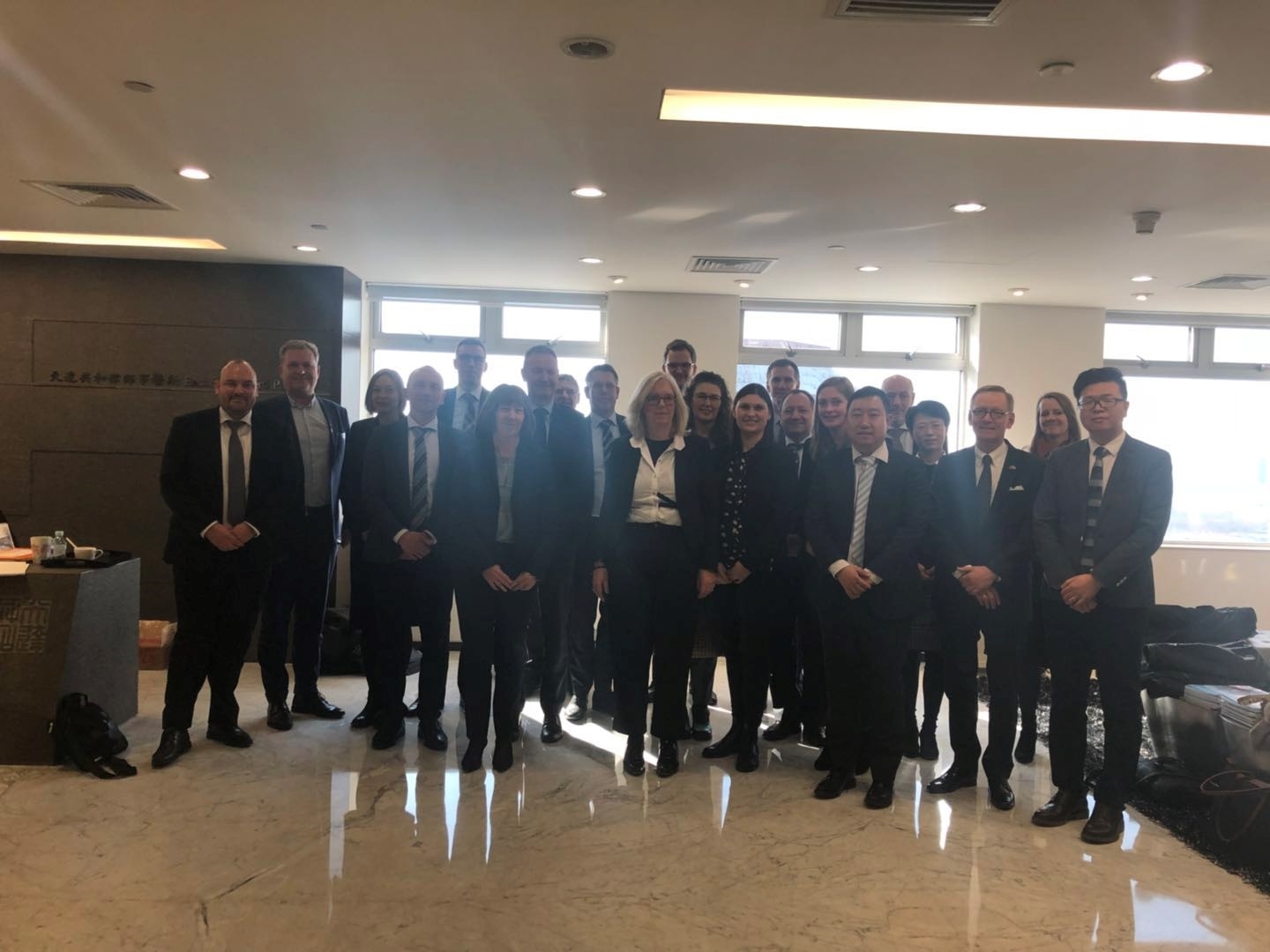
At the beginning of the meeting, Mr. Xu Bin briefly introduced the development history of East & Concord Partners to the delegation of Danish Patent and Trademark Office. Mr. Xu, specializing in legal practices in the fields of resources and energy, has extensive working experience in foreign investment, domestic and overseas investment, and mergers and acquisitions. In 2016, Mr. Xu Bin was awarded one of the top lawyers in M&A by LEGALBAND. Then, Charles Feng introduced the scope of legal services and businesses of the firm in detail and interpreted some issues that the delegation was highly concerned about, including the hierarchy of courts with jurisdiction over intellectual property litigations, the burden of proof in the infringement of intellectual property rights, the calculation standards for compensation, the development of intellectual property laws and regulations in China in recent years, the development and status quo of judicial practice related to intellectual property rights.
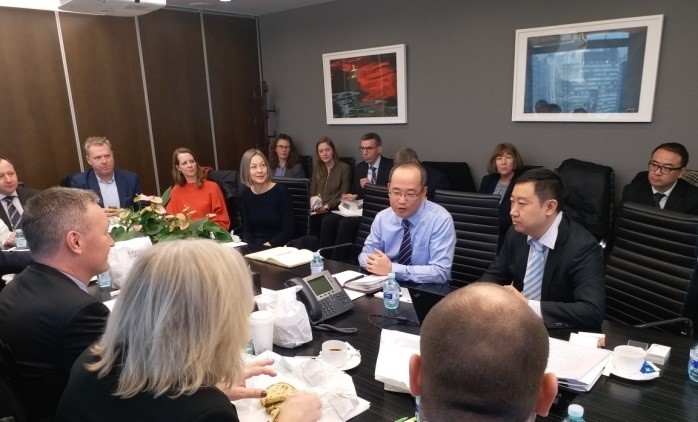
Charles Feng explained that the Supreme People’s Court set up specialized intellectual property rights courts in Beijing, Shanghai and Guangzhou respectively in 2014. To some extent, the establishment of such courts can avoid excessive interference of local administration in judicial trials, ensure that the same type of cases in different regions are subject to the same judicial trial standards, and better protect foreign-invested enterprises. In addition, the establishment of such courts would create a relatively independent judicial trial system for intellectual property litigations, aggravate the punishment for the infringement of intellectual property rights, innovate the judicial trial mechanism, and improve the ecological system for protecting the intellectual property rights of foreign-invested enterprises in China.
Next, Charles Feng briefly introduced the basic procedures of civil tort trials in China, which include pretrial preparation, court investigation (litigant’s statement, presentation of evidence and cross-examination), court debate, deliberation of the case and announcement of judgment. In this process, the delegation asked him some questions regarding the calculation standards for damages in the infringement upon the right to exclusively use a registered trademark, the burden of proof and the injunction of intellectual property litigation. Charles Feng responded to their questions one by one.
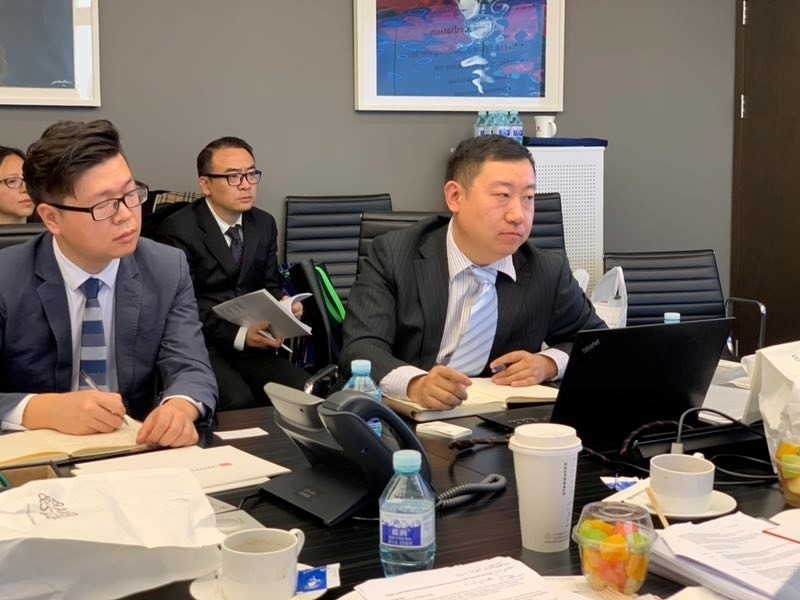
With regard to the compensation standards for damages in the infringement upon the right to exclusively use a registered trademark, Charles Feng explained that at present three compensation standards are applicable in China; that is, the amount of damages for infringement upon the right to exclusively use a registered trademark shall be determined according to the actual losses suffered by the right holder from the infringement; where it is difficult to determine the amount of actual losses, the amount of damages may be determined according to the benefits acquired by the infringer from the infringement; where it is difficult to determine the right holder’s losses or the benefits acquired by the infringer, the amount of damages may be a reasonable multiple of the royalties. Where it is difficult to determine all the aforesaid amounts, a people’s court may award damages of not more than three million yuan according to the circumstances of the infringement. However, in judicial practice, where it is difficult to determine the actual losses suffered by the right holder from the infringement, the profits acquired by the infringer from the infringement, or the royalties of the registered trademark, but there is evidence to show that the actual benefits acquired by the infringer are much more than three million yuan, a people’s court may award damages of more than three million yuan.
With regard to the burden of proof in trademark infringement litigations, Charles Feng said that the evidence rule for civil procedures of intellectual property rights has always been controversial in practice. In trademark infringement litigations, the principle of “whoever raises a claim shall bear the burden of proof” (which means the plaintiff in a civil case shall bear the burden of proof for the losses he claims. If he fails to bear the burden of proof, he shall bear the risk of losing the litigation.) is not completely applicable to the burden of proof for losses. In the case of trademark infringement, although the plaintiff also bears the burden of proof to prove his losses and obtain compensations, the right holder’s losses is only one way for the court to determine the damages; that is to say, even if the plaintiff cannot prove the losses, the court may still apply the statutory compensation to determine the amount of damages. Moreover, pursuant to the Evidence Rules for Civil Procedures, where any dispute over patent infringement involves a patent for invention for the production process of a new product, the entity or individual producing the identical product shall provide proof on the difference of its own process used in the production of its product from the patented process. Under such circumstance, the principle of shifting the burden of proof is completely applicable. Furthermore, in the case of intellectual property litigations, the people’s court may redistribute the burden of proof according to the actual situation of a case.
With regard to the injunction of intellectual property litigations, Charles Feng said that in current judicial practice, there are pre-action injunction and interim-trial injunction in the injunction system of intellectual property litigations. Due to the limited time, Charles Feng explained in great detail the preservation in interim-trial injunction by combining the cases he has successfully handled recently. According to Charles Feng, the people’s court need to consider the following conditions while making an interim-trial injunction: 1) the claimant enjoys legal and valid intellectual property rights; 2) the act being or to be carried out by the respondent constitutes an infringement of intellectual property rights; 3) failure to take relevant measures will cause irreparable damage to the legitimate rights and interests of the claimant; 4) the claimant has provided effective guarantee; 5) the injunction will not harm the public interest. Each element is of independent value and is interrelated at the same time.
Subsequently, Charles Feng explained the intellectual property protection in China and strategies and suggestions for compensation of infringement through a large number of intellectual property litigations of well-known enterprises at home and abroad that he has represented in Chinese courts, which was highly recognized and appreciated by the delegation.
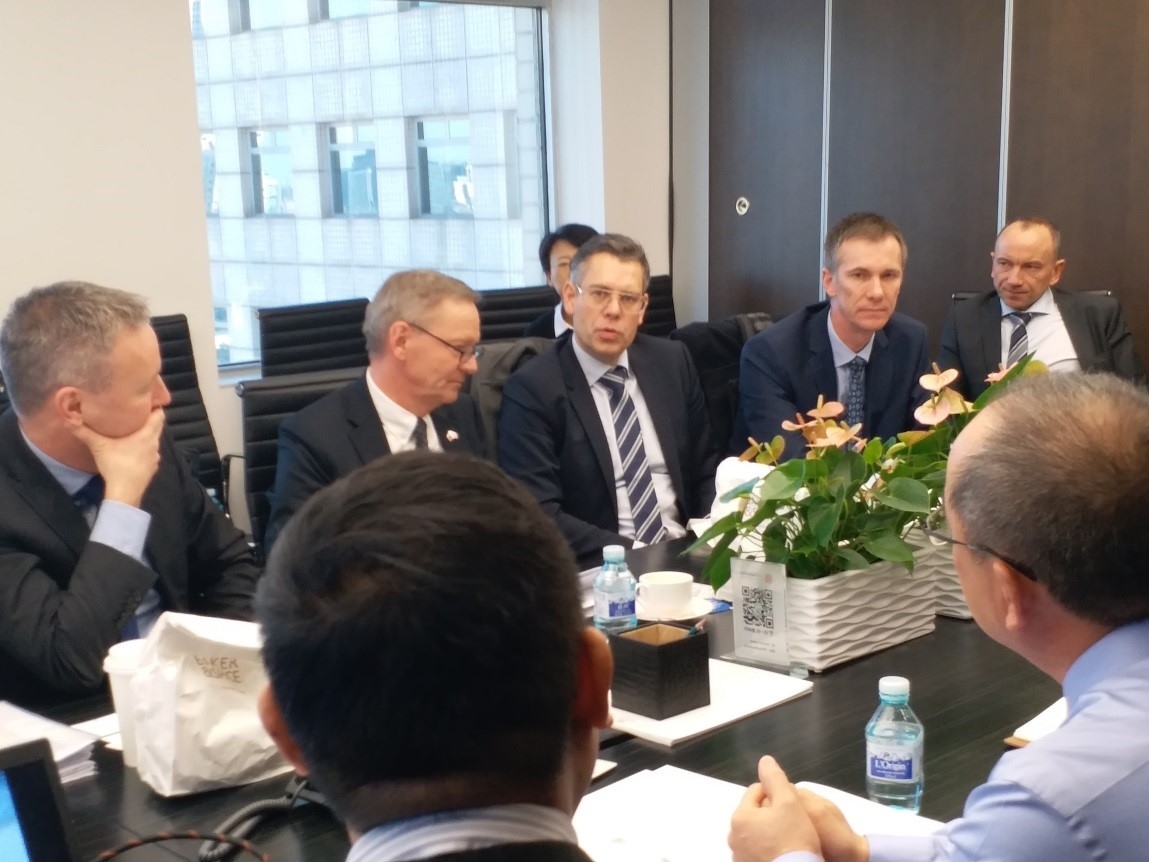
At the end of the meeting, the delegation of Danish Patent and Trademark Office expressed their heartfelt thanks to Mr. Xu Bin and Charles Feng for their informative introductions as well as the warm reception of East & Concord. They spoke highly of the positive role of the Danish Patent and Trademark Office in the intellectual property and brand protection for Danish companies to invest in China, and looked forward to further discussions and cooperation.
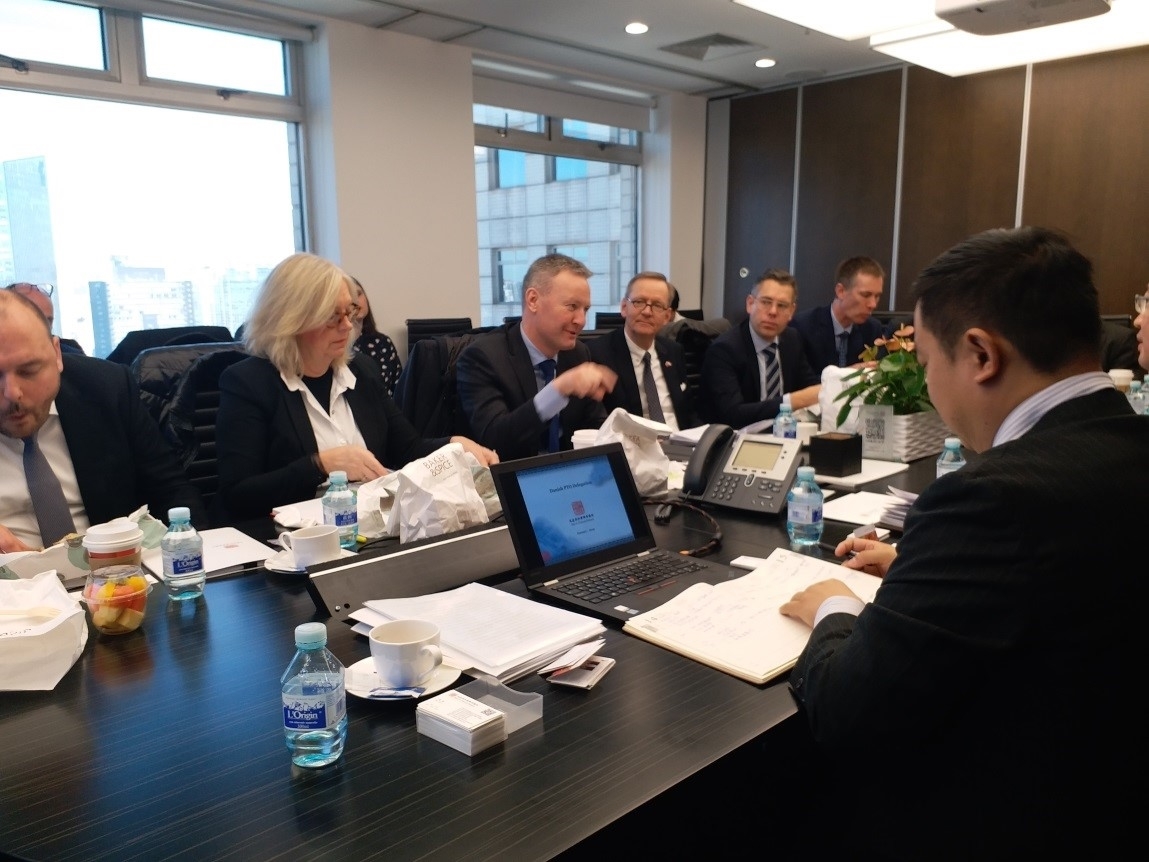
 联系我们
联系我们
 关注公众号
关注公众号
 联系我们
联系我们

